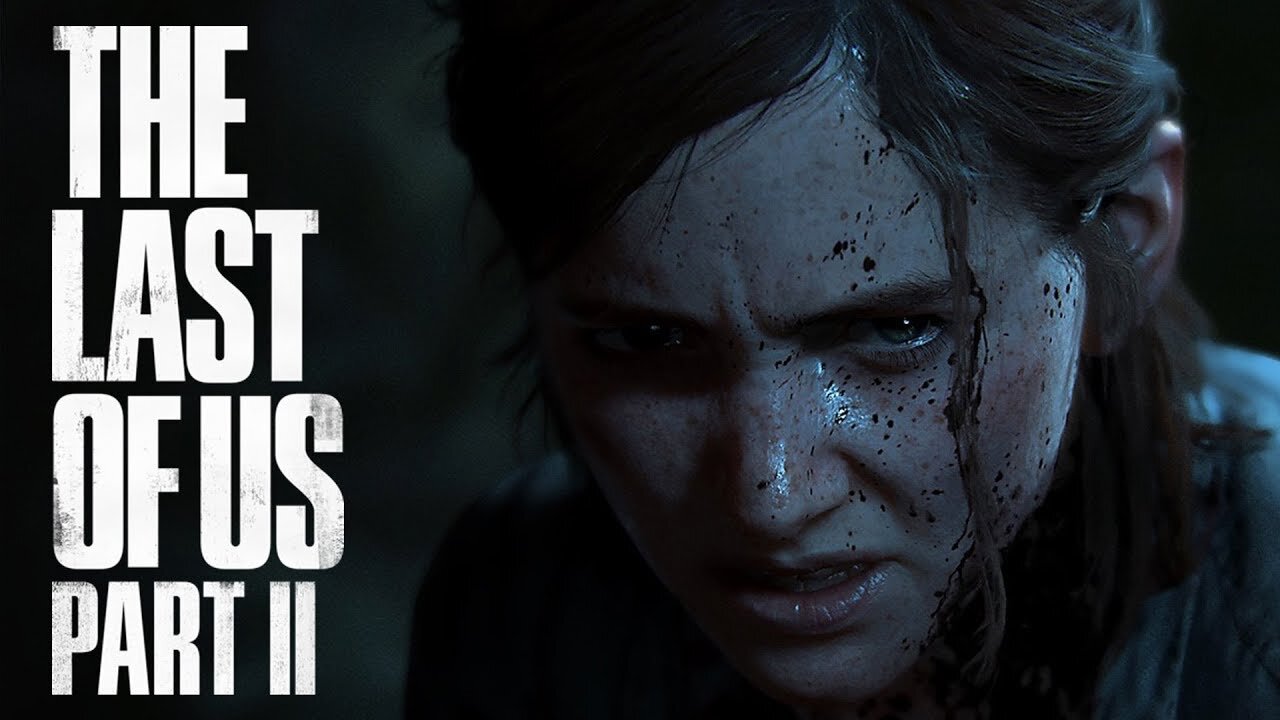I don't see that as bad business given the context. Sony weren't after GaaS back then; no-one was. Unlike, say, Fallout '76, that was a mess but constant development has made it somewhat less of a mess (although how profitable is it?), these games were rolled out and, given a low uptake and no plan from the outset to grow them to mammoth proportions because that wasn't a strategy back then, subsequently shelved. In the modern economy, once you have engagement, constant investment seems wiser to grow organically. Although at some point you still might have a duffer and just need to pull the plug. That is, a game either too close to the market leader that it doesn't justify its existence, or one who's USP just doesn't click with the masses. A lot of BR contenders have come and gone because they couldn't compete.
Those games aren't available on Xbox. If they were, there'd be less reason for MS to emulate these titles. Although limited duration single player games have more space in the market for more titles than time-swallowing MMOs.
I love the way your every single argument hinges on a 'hypocritical comparison to MS'. It's always 'Sony are treated differently'...
Why should Sony have stuck at trying to make a successful COD clone instead of cinematic AAA single player titles? COD already served the shooter market while there was an opening to sell single-player titles. That opening gave Sony massive profits and kudos, differentiating their library with some tent-pole IPs. The only reason to think Sony should have stuck with fostering a MMO shooter is to create a COD clone either 1) because they could displace it and get all that money themselve, but the chances of that are ~zero, and 2) for when COD was removed from their platform and, left with a hole, they'd want a title to fill it. What reason was there to think in 2012 that COD would disappear from PlayStations and Sony would need to start working on a COD replacement franchise?
Yes. Those 'successful developers' being ones that have worked on 3 or 4 second-party titles for Sony prior to being bought. And the same way all publishers with in-house studios operate, buying talent and then closing down studios when felt they've 'run dry'.



